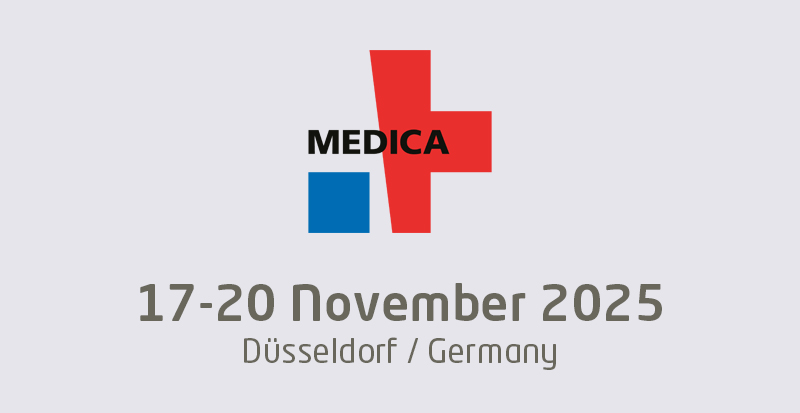By Greg Richter
Doctors and hospitals are being rewarded for moving to electronic health records, even though they can increase the chances of fraud, USA Today reports.
Medical professionals eventually will be punished if they fail to convert to electronic files; their Medicare payments will be reduced.
But electronic records actually make it easier for health care providers to defraud the federal government, because the auditing safeguards intended to prevent fraud either aren’t in place in many hospitals or can easily be corrupted.
The Centers for Medicare and Medicaid Services doesn’t even require that healthcare systems keep their audit systems turned on, making them vulnerable to false information, USA Today reported.
“There have been billions spent on these systems and incentives paid to providers, but there is no private or government agency that provides oversight,” Dan Bowerman, a Philadelphia chiropractor who has assisted in fraud investigations, told USA Today.
A CMS spokesman told the paper that electronic records fraud is a “top priority” and that the agency is working to create “strong standards” to validate the accuracy of records.
Electronic records are intended to improve care by coordinating treatment and eliminating errors, but funding for fraud has been on a downward trend. It is expected to increase next year, the paper reported.
Electronic records also have come under fire over patient privacy concerns.

























